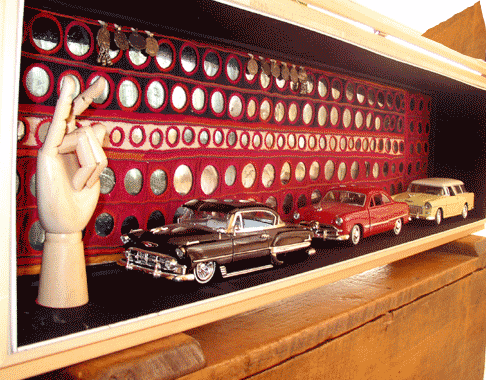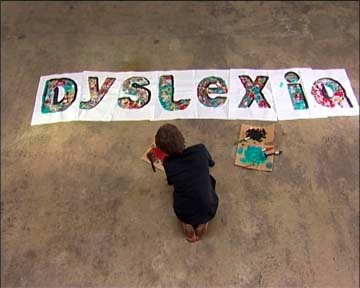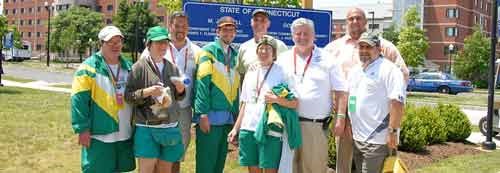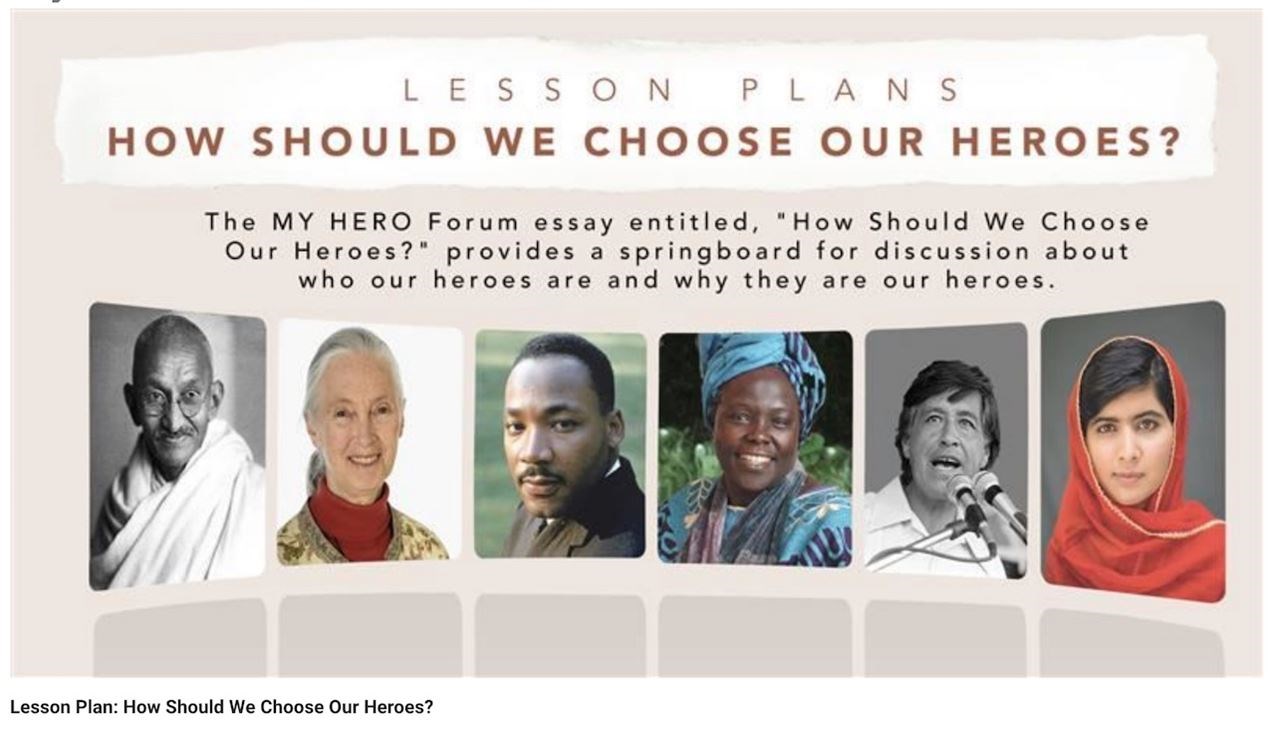A Note from the curator for this web page - MY HERO co-founder Jeanne Meyers
I have been thinking about community and connection a lot lately. The online global community that is MY HERO is filled with amazing people who have and continue to participate. Charlie Harper was an important part of this project for many years. Charlie wrote essays, contributed art, and represented MY HERO at global educational conferences. He curated a unit on Heroic Virtues. The essay below is used as as a starting point for discussion and participation by teachers in schools around the globe.
How Should We Choose Our Heroes?
by Charles Harper
We human beings are entrusted with a very special place in creation; a place that calls us to embrace
and live by certain values, including kindness, generosity, forgiveness, joy and peace. Heroes help us
define, develop and live by those values.
The ancient Greeks said, "Tell me who you admire, and I'll tell you who you are." According to this logic, choosing heroes is important because who you choose often determines the character of a person and a people.
We are in need of heroes more than ever. Collectively and individually, we continue to be a people in
search of sages (people who are wise, mature, or who possess good judgment); anxious and eager to
find people worthy of our love and loyalty.
What kind of heroes should we embrace?
Embracing the wrong kind of hero has the potential of fracturing the sacred bonds of society. In the
absence of positive heroes, a society will choose the wrong kind of heroes, setting in motion a negative
energy more powerful than nuclear fission. It can split the nucleus of the human family and set off a
veritable chain reaction of sexism, racism, hate, violence, greed, jealousy, resentment and corruption.
This has, unfortunately, happened many times in history.
In today's culture we have substituted celebrities for heroes; celebrities from whom we expect little and
sometimes get less. So anxious are we as a culture to find someone in whom we can place our love and
loyalty that we choose from the riotous parade of the newly famous and already nearly forgotten. (Who
do you know that has gotten famous for doing things that are not actually admirable?) And when we
lose them, nothing is really lost, for their successors have already claimed the next fifteen minutes of
fame.
Celebrities attract our curiosity, while real heroes send us to the source of their vision and dreams. (Who
do you know that fits this definition of a hero?) We often look at celebrities to find out what our values
should be, and when we do, we discover that those values are often very shallow.
What is a hero?
Real heroes strive for the imperishable trophies (rewards that endure forever, such as love, personal
growth, a sense of accomplishment, knowledge that they have changed their world for the better). Their
rules and goals are different. They live and work in the world, but they embrace the eternal values of
love, joy, peace, patience, kindness, goodness, faithfulness, humility, and self-control. While fame,
fortune, and power may come their way, attaining them is not their goal. Heroes who deserve
biography, autobiography or memoir are people who may attract attention, but direct that attention
beyond themselves to something greater. (Why does Superman save people? Is he trying to be famous,
or does he just want to help? Does the fact that his true identity is hidden help you answer those
questions?) True heroes help us aspire and live up to the values they embrace in their daily lives.
Where can we find heroes?
Heroes can be found in the daily stuff of life, from parents to teachers, from counselors to that
unexpected angel who helps you change a tire during a dark and rainy night. They can also be found in
our religious and historical traditions, and among the unsung activists and brave politicians who have
taken a stand against the status quo (the existing state of affairs, especially regarding social or political
issues).
As one historian wrote, "No great man lives in vain (without success or result). The history of the world is
but the biography of great men [and women]."
Real heroes take us one step closer to fulfilling our human potential. Identifying, spotlighting, and
promoting heroes from around the world who personify values that strengthen the fabric of the global
village in which we live would be a step toward a better future for all of us.
Charlie Harper on Twitter
ART BY CHARLES HARPER




Charlie shared his article on HOPE with me this summer - he and his partner published this online @ www.citizensjournal.us
How to Avoid a Repeat of Jan. 6th - GIVE HOPE
By Rev Charles F. Harper and & CJ Walker
We all saw what happened in the 2020 election. At the time of this writing we are all being inundated by the congressional hearings on the 1/6/21 insurrection/coup/deadly riot. The purpose of these hearings is to find out “How did this horrible event happen?”
Well, in a few months , we’ll exercise our right to vote for the candidates of our choice. In doing so, we may go into the voting booth with mixed feelings about our candidate, or we may be quite passionate about our candidate. You know, voting for a candidate with an expectation they’ll lean into a new and promising future where our imperfect union becomes a little closer to perfect.
For these writers, election season can be and is a time of hope. A time when we consider the possibilities that things could really be something other than what they are. Although we realize the past can be a prologue to the future, rather then reflecting on the past in this article, we’re focusing on the future.
You see, we look forward to the possibility of change, of new beginnings, of a resolution to the conflicts of war in the world, the passing away of systemic racism, sexism, the ceasing and desisting of renewed animosity toward the LGBTQ , ethnic, and religious communities, and , of course, a return of the right for women and couples to make private choices in their constitutional right to pursue happiness. We hope for a solution to the economic crisis. We even dare to hope for a wave of technological innovations, a greater love of mother earth to launch us into a new age of responsible energy generation and consumption. In short , during election season there is, for us, a heightened awareness of things to come.
This election, given recent SCOTUS decisions as well as whatever results may come from the 1/6/21Congressional hearing, we all may feel far more passionate about our candidate than usual. In fact, to us it seems more is riding on the outcome of this November election than any other in history. Or at least since the days of Lincoln vs. Douglas in 1860.
Let us explain. In classical mythology, the gods are responsible for hope. All the world’s miseries and the ills are wrapped up in a box and given to Pandora. She is told, never, ever to open that box. In some versions of the story she is overcome with curiosity and she opens it, in others she trips and it falls or in yet another , it is actually dropped by a man, nonetheless, trouble is unleashed on the world. When the sound and fury of their unleashing is over, Pandora looks in the almost empty box and sees that there is one thing left: hope . Hope is all that is left to handle all of the anxieties, depressions and fears swirling around and in us.
We confess ‘hope” doesn’t seem like much in a dire storm of prices gobbling up whole paychecks; epidemic homelessness, gas prices loading up debt, mass shootings, medical bills all sending us into a vortex of debt and even bankruptcy etc.
If we follow Pandora’s story, we also find that the only thing left for us is hope. In November more than ever we are voting for what we hope our nation will recover from; what we hope we’ll represent to the rest of the world; of course, what we hope to avoid as a species.
We do this knowing we may have set ourselves up for feelings of helplessness and hopelessness. Because what happens if our candidate doesn’t win?
You see, when we latch onto our candidate as the hope at the bottom of Pandora’s box and if he or she loses, we know we can fall into a place of disenchantment….
….So, if our particular candidate loses what do we do? How do we get from a place of disenchantment to a place of renewed hope for our country?
First, don’t lose hope. Emily Dickenson in her poem, “Hope is the thing with feathers”, reminds of us of the incredible persistence, strength, generosity and indomitable spirit of hope within all of us. She writes:
“Hope” is the thing with feathers –
That perches in the soul –
And sings the tune without the words –
And never stops – at all –
And sweetest – in the Gale – is heard –
And sore must be the storm –
That could abash the little Bird
That kept so many warm –
I’ve heard it in the chillest land –
And on the strangest Sea –
Yet – never – in Extremity,
It asked a crumb – of me.
Let us explain. If there was ever a person who could and did experience despair and hopelessness it was Abraham Lincoln. Yet, carved in stone next to his statue is the Gettysburg address is a speech he wrote on a train ride to one of the bloodiest battlefields of the civil war. A time when he was uncertain about the outcome of the war, agonizing over the loss of American lives and treasure, stunned by the magnitude of misery. While all is relative, perhaps the misery and ills of the American people today pale in comparison to the sufferings of our nation during the Civil War. He had every reason to feel the stressors of helplessness and hopelessness. But Lincoln must have “had a thing with feathers” because he was able to write these words of hope:
“ …It is for us the living, rather, to be dedicated here to the unfinished work which those who fought here have thus far so nobly advanced. It is rather for us to be here dedicated to the great task remaining before us — that from these honored dead we take increased devotion to that cause for which they gave the last full measure of devotion — that we here highly resolve that these dead shall not have died in vain — that this nation, under God, shall have a new birth of freedom — and that government of the people, by the people, for the people, shall not perish from the earth. “ ( Excerpt from Gettysburg address)
Secondly, there is a “God” and you or your candidate is not it . We learn to trust or, if you prefer, practice faith. . We can contribute to the outcome we desire but ultimately the outcome is simply not in our hands.
Rumi the 12th century Sufi poet and philosopher wrote:
“ There is a field beyond all notions of right and wrong. Meet me there and we will find peace”. What we think he means, is that rather than judging, shaming and blaming others, when things don’t go our way, we have to think about how things might work out another way. If we don’t get our way maybe, we need to accept the possibility that there is another way. Even a better way then what has been suggested by our particular candidate. We should at least be open to new ways. After all, even our candidate is perfectly imperfect. They’re only human. But when we trust a universal life force greater then ourselves, call it God, the Gods, or any of the other 3000 words for “a power greater than ourselves”, we are likely to find the inspiration, aspiration and imaginations to behold a new road less traveled or at least one we hadn’t considered.
All we have to do is keep showing up around the issues we’re most passionate about. Show up for protests, show up for speeches, show up at the voting booth…and so on. Because the more we show up, the more likely we are to find new and creative ways to contribute to the solution not the problem.
Third, we recommend an openness to the fact we are all connected and upheld in the co-creative network of all that is. If the pandemic of Covid did nothing else , it sure did prove this fact. The writer and theologian Frederick Buechner said “ humanity is like an enormous spider web, so that if you touch it anywhere, you set the whole thing trembling. “ And the Lakota people ended many of their religious ceremonies with the phrase, “all my relations”. They too meant to remind us that all of our lives are linked together and “no man (or woman) is an island entire unto himself.” Like it or not , whether your candidate wins or not, we will make it or break it together.
Regardless of who our next president is, or the composition of congress, local legislators, or SCOTUS may we all be dedicated to” the unfinished work of creating a more perfect union through mutual honor, respect and compassion and hope as we face “ the great task remaining before us.” Namely, ”a new birth of freedom — and that government of the people, by the people, for the people, shall not perish from the earth. “
Charlie Harper M. Div. & CJ Walker, The Wisdom Walkers LLC
Charlie is the Author of Amazing Grief, Co-Author of “ …not as prescribed…” ; and soon to be released “Dr. Junkie”, former columnist. Minister, and former spiritual director , primary care counselor for the Betty Ford Center. Harper and his Partner CJ Walker,an Acupuncturist and Spiritual Director , are co-founders of The Wisdom Walkers, a website to be released in September sharing the reflections, thoughts , quotes and images of those, like you, who are and have led us to greater sense of unity , love and light. CJ and Charlie are in private practice and live in Oxnard, California.
Organizer created on 10/21/2022 4:55:28 PM by Jeanne Meyers
Last edited 10/25/2022 5:38:08 PM by Jeanne Meyers